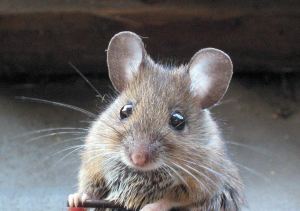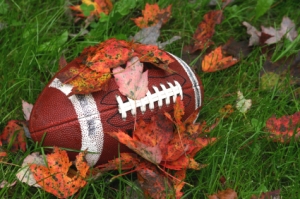 Do you know any seniors or low-income family that might need some additional help this winter paying their bills? You might be able to help them by letting them know about the Low Income Home Energy Assistance Program (LIHEAP). LIHEAP helps keep families safe and healthy through initiatives that assist families with energy costs.
Do you know any seniors or low-income family that might need some additional help this winter paying their bills? You might be able to help them by letting them know about the Low Income Home Energy Assistance Program (LIHEAP). LIHEAP helps keep families safe and healthy through initiatives that assist families with energy costs.
There are both Federal and State assistance programs. Here are a few, but there are more listed at the site, or you can call them directly (800-869- 1150). http://dfcs.dhs.georgia.gov/energy-assistance)
- SCANA: The regulated natural gas provider program, provided by SCANA Energy and partially funded by the state’s universal service fund, provides natural gas service to low income households and to consumers who are unable to obtain or maintain natural gas service from another marketer. Households meeting the low-income requirements established by the Georgia Department of Human Resources qualify for a reduced security deposit, special rates and a lower customer service fee. To sign up, customers need to contact the community action agency serving their county. Those not meeting low-income requirements may still qualify for service with the Regulated Provider. Call 1-866-245-7742 for complete details. www.scanaenergyregulated.com/en/rates/
- Atlanta Gas Light: Senior citizens who are 65 years of age or older and have a total annual combined household income of $14,355 or less are eligible for up to a $14 monthly discount on their Atlanta Gas Light Company base charge. Natural gas service must also be in the customer’s name to be eligible. For questions, call Metro Atlanta at 770-994-1946 or outside Metro Atlanta at 1-800-427-5463. www.aglc.com/Home/EnergyAssistance.aspx
- Gas South: Gas South offers its customers, aged 65 and older, various senior rates which provide a discount on natural gas consumption charges. Senior customers may also be eligible for discounted customer services charges and up to a $14.00 monthly discount on Atlanta Gas Light base charges.
1-877-332-5442 www.gas-south.com/residential/rate-plans.aspx - Georgia Natural Gas: Customers who are 65 years of age or older with an annual combined gross income per household of $14,355 or less are eligible for a $14.00 monthly discount on their base charge. 770-850-6200 or 1-877-850-6200 www.georgianaturalgas.com/residential/seniors.html
- Georgia Power: The monthly base charge ($10.50 for gas and $14.00 for electric) is waived for customers who are at least 65 years old and the total household income is not more than $22,340 annually. Call 1-888-660-5890 (option #8)
- The Heating Energy Assistance Team (HEAT): The HEAT program is administered by the Georgia Department of Human Resources statewide through Community Action Agencies. Private citizens and the natural gas industry provide funding. Call 678-406-0212 www.heatga.org/
- Project SHARE: A statewide program funded by electric utility customers who donate through their monthly electric bills. The program is administered by The Salvation Army. Call 404-873-3101 (metro Atlanta) or 1-800-257-4273. Find your local Salvation Army
Wishing you and your family a safe holiday season!
Marie Dinsmore, Certified Luxury Home Marketing Specialist
The Dinsmore Real Estate Team | www.dinsmoreteam.com
Marie@DinsmoreTeam.com | 770-712-7789







